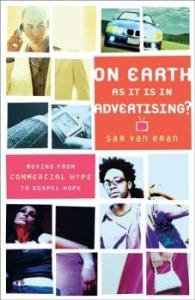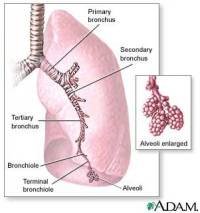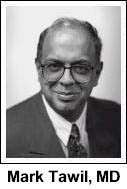I’ve written about this before. I get frustrated every time I talk to a fellow evangelical who has uncritically bought into the mythology that America was founded as a “Christian Nation” by “Christian Founding Fathers.” It’s not their fault…many Christian leaders have made it their life’s work to perpetuate this myth...
- People like Jerry Falwell and his "Liberty Alliance" which claims that if we examine the Declaration of Independence, we will “discover that our Founding Fathers believed in four basic Christian tenets.”
- People like D. James Kennedy and his "Center for Reclaiming America" which provides “non-partisan, non-denominational information, training, and support to all those interested in positively affecting the culture and renewing the vision of our Founding Fathers, as expressed in America's founding documents.”
- People like James Dobson who, on his radio show and his appearances on cable talk shows, talks about "the Founding Fathers’ Judeo-Christian beliefs."
- People like David Barton and his "Wallbuilders" which stresses “America’s Godly Heritage.”
- People like Rod Parsley and his "Center for Moral Clarity" and "Reformation Ohio" which make the same claims.

Well, the evidence is very contrary. Anyone who wants to know the facts can easily find them in the book, The Search for Christian America by Mark A. Noll, Nathan O. Hatch and George M. Marsden. Noll, Hatch, and Marsden are recognized as evangelicalism’s finest historians. In 2005, Time magazine named Noll one of America's 25 most influential evangelicals; he just moved from Wheaton College to replace the retiring Marsden at Notre Dame (Marsden had previously taught at Calvin College). Hatch is President and Professor of History at Wake Forest University.
They write,
"There were, to be sure, a few founding fathers who affirmed the cardinal tenets of orthodox Christianity: John Witherspoon, Patrick Henry--an evangelical Anglican, John Jay--co-author of the Federalist Papers and the first Chief Justice of the Supreme Court and, like Henry, an Anglican of decidedly evangelical sentiments. Most of the early leaders, however, did not share the Christian convictions of Henry and Jay. The God of the founding fathers was a benevolent deity, not far removed from the God of the eighteenth-century Deists or nineteenth century Unitarians…They were not, in any traditional sense, Christian. What historian Daniel Boorstin, now Librarian of Congress, once wrote about Jefferson and his friends applies to most of the founders: they had found in God what they most admired in men."
For some extended quotes from this essential book, check out my previous post. 
A new book by Newsweek’s Managing Editor, Jon Meacham (American Gospel: God, the Founding Fathers, and the Making of a Nation [Random House, April 2006]) affirms what Noll, Hatch and Marsden have articulated.
Meacham writes,
“However dominant in terms of numbers, Christianity is only a thread in the American tapestry—it is not the whole tapestry. The God who is spoken of and called on and prayed to in the public sphere is an essential character in the American drama, but He is not specifically God the Father or the God of Abraham. The right's contention that we are a ‘Christian nation’ that has fallen from pure origins and can achieve redemption by some kind of return to Christian values is based on wishful thinking, not convincing historical argument.”
To read an excerpt from Meacham’s book, go to the Newsweek website.
technorati: politics, emerging church, social action

 A friend of mine gave me a subscription to WORLD magazine, the conservative Christian weekly that Republican pundit
A friend of mine gave me a subscription to WORLD magazine, the conservative Christian weekly that Republican pundit 
 I watched the first part of the new ABC production of
I watched the first part of the new ABC production of 



